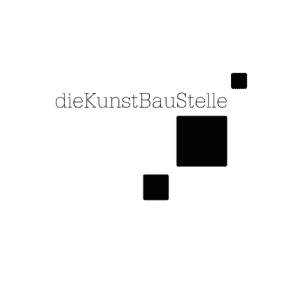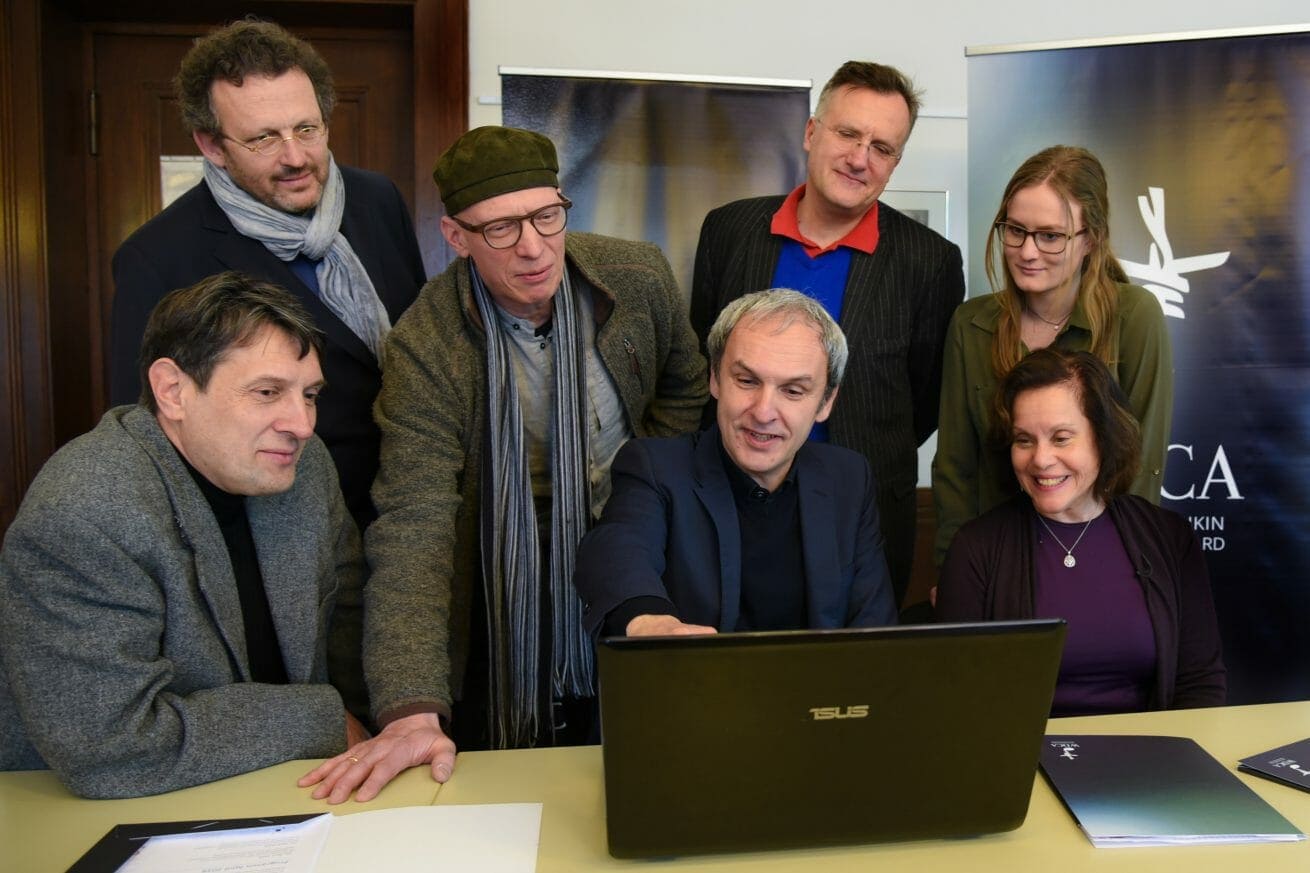On a snowy February day, amongst the imposing columns and marble clad corridors of the Munich music school, the jury for the Wolf Durmashkin Composition Award met to decide their winners.
To be judging an award commemorating a Jewish Musician who died in a concentration camp, in a building that was originally ‘Führerbau’ for Adolf Hitler, is clearly something of great historical significance. As you walk through the corridors, footsteps on the marble floor creating a crisp, resonant percussion, you cannot help but reflect upon the building’s past, trying to imagine the characters from history text books in the same place.
Yet despite its dark history, the feeling of the building is not oppressive. The cheerful sound of music practise spills out from behind the heavy wooden doors and students hurry past with instruments on their backs, stopping to laugh and chat at the foot of the grand staircases. It is clear that the building no longer belongs to the past.
The bridging between past, present and future has been a central theme throughout the discourse the WDCA event. In a concert commemoratingtories from the past, the composition award was envisaged as a way of linking these stories to the present day, and through the use of young musicians and composers, providing a link into the future as well.
The jury, a diverse group of seven, including among them music professors, an orchestral conductor, a violin maker, a Durmaskin relative and a school girl. After some initial meetings, friendly introductions and posed photoshoots, the jury kindly, but firmly expressed their wish to be left alone to have their discussions. Cameras and filming equipment were transported into the corridor and the rest of the team sat together in suspense, waiting for updates. After about 2 hours, the heavy wooden door opened, but the excitement was short lived, they were only making a short ‘pinklepause’, and would resume their secretive work again afterward!
Finally, when the inhabitants of the corridor thought they may not be able to resist the temptations of the buffet table any longer, the doors opened and a room of smiling, tired faces, happily announced that they had found their winners.
To avoid bias of any kind, the identities of the composers was kept secret during the adjudication process, but once the winners had been chosen, the corresponding codes were punched into a computer and, as if by magic, a photo of the composition’s creator popped up on the projector screen, followed by their personal details, each time met with cheers and excitement. Perhaps the most unexpected reaction, however, was when the photo of the second place winner, Rose Miranda Hall, appeared on the screen and a shocked voice from the back of the room, squealed ‘I know her’. Many such instances of chance connections and unexpected links seems to underline the whole weekend, yet for Jessica, a temporary volunteer from the UK, it was a surprise to find that she too was implicated in this strange web of interconnectedness, having studied music in the same year and often the same class as Rose at university in York.
In one of the many different corridor conversations, the nationalities of some of the entries was discussed. ‘There is one entry from Israel’ Wolfgang intimated, ‘wouldn’t it be special if she won’ we all agreed, knowing that it was for the best that the jury would not know this and let it affect their decision. Therefore, when the identity of the composer that the jury had unanimously voted as their winner, emerged as Bdil, from Israel, it felt extra special.
The final results for the composition award are as follows
1st price: BRACHA BDIL Israel
2nd price: ROSE MIRANDA HALL, England
3rd price: OTTO WANKE, Tschech, living in Vienna
A special and memorable day was had by all and we are very excited for the concert in May 10th in Landsberg where we will have the opportunity to see these great new compositions performed.
Text: Jessica Kettle
Photo: Conny Kurz


